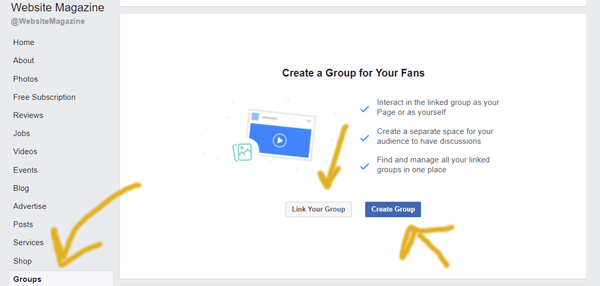When to Use a Facebook Official Group

This spring, Facebook began testing a way for admins to link existing Facebook Groups to their Page or create new ones. The feature now appears to be available to all Pages.

Before marketers take advantage of this feature, they should understand the benefits and risks of managing a community on Facebook. For those already managing a Facebook Group, by all means link it to the business Page. For those contemplating creating one, here are some qualifiers to know the business is ready...
When You're Prepared to Monitor a Group
If a social media manager thinks their Facebook notifications are out of control now, just wait until a group's members start posting, begin reporting other members and are going rogue with unsuitable content. Facebook will of course provide admins with ways to manage notifications, delete members and edit overall group settings, but marketers should not take on a Facebook Group if they are not ready to actively monitor content and members.
When You're OK with Not Really Owning the Group
Audiences acquired through Facebook are never truly anyone's but Facebook's. Audience ownership belongs to Facebook in that the network can limit and manipulate a company's exposure to their audience and can help competitors market to them (thanks to organic and paid targeting). For further reading, check out "Beating Algos on Social Media."

A marketer should understand when they build and nurture a Facebook Group, it can easily become bigger than the brand to the point it may not really be theirs in the way they intended it to be.
When You're At Peace with People Bypassing Your Website
What is the point of social media networks for business? In short, to engage people to get them to a website to ultimately purchase products or sign up for services (at least it should be). While a marketer's ego may begin to inflate when people post regularly about their product or service within their group, share the group with friends or take some other sort of positive action, website traffic could suffer.
Before investing resources into a Facebook Group, consider the alternatives. Would a community hosted on a website be a better business decision than a Facebook Group? Particularly if content can be personalized to each member? Read, "Digital Hand-Holding: The Impact of Communities on Commerce."
When You Can Take Criticism
Social listening plays a critical role in social media management. Whether it is criticism over wording in a social post, the malfunctioning of a product or a lapse in service from the company, issues should be addressed in a professional manner. This is not to say, however, those responsible for those areas of business are not upset by the feedback (we're only human). When a community is created on Facebook or otherwise, admins will need to set aside their feelings to monitor what could be an unleashed version of criticism (as there tends to be some sort of transparency within walled groups versus public posts) and create a strategy for when to respond and when to leave it up to members to work it out.
When You Are Sure An Audience will be Active
From a community perspective, an inactive group can be embarrassing to a brand. Social media managers struggling to engage their audiences outside of the group, may have an even more difficult time encouraging participation in a group. That said, they may want to brainstorm smaller, more niche groups to foster an environment of collaboration and support. For example, a sporting goods store may create multiple groups based on interest as rock climbers will likely have different conversations than runners would in this setting.
Is a Facebook Group for You?
It may seem that Facebook Groups are low commitment and low maintenance, but that is not the case for companies wanting to do this right. There are many questions to ask before starting a group and some strategies can backfire. A company may ask qualifying questions before approving members - facing backlash from those not "let in." A company may find it difficult to strike a balance between promotions and helpfulness, which can alienate members. All that said, do not take the decision to create a Facebook Group lightly. The rewards of an actively engaged community can be immense, but they may be better met on a platform a brand actually owns.

Subscribe to Our Newsletter!
Latest in Social Media










